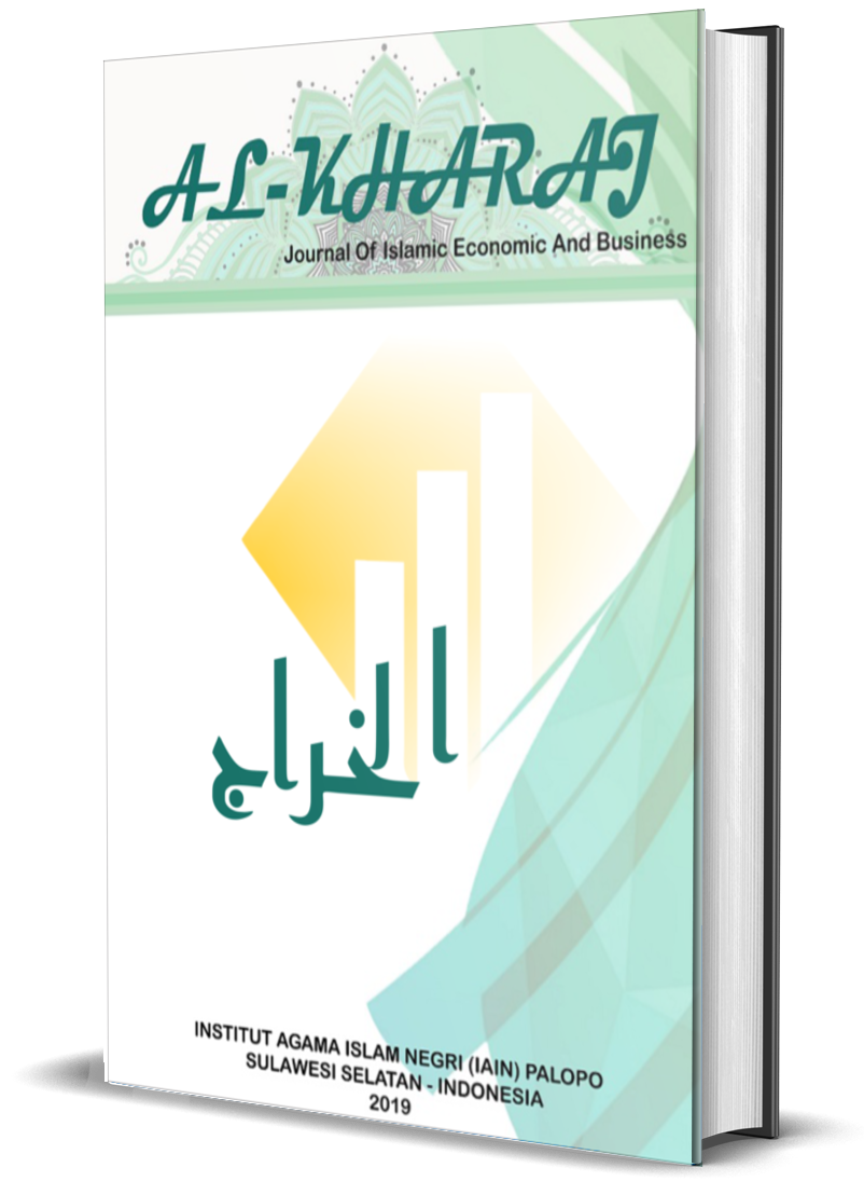Strategic Implementation of Zakat Education in Madrasahs: A Business Model Canvas Approach
DOI:
https://doi.org/10.24256/kharaj.v6i3.5241Abstract
The development of zakat potential in fact does not go hand in hand with education and knowledge about zakat. One of the problems is the absence of zakat education curriculum specifically. This research attempts to examine the strategy of zakat education in madrasah. The focus of this research is using BMC (business model canvas) strategy that can be used in non-profit organizations. The method used is qualitative and the source of data obtained by revealing phenomena in the community as an objective secondary data source in the field. Researchers used data triangulation in the form of interviews, observation and documentation in data collection techniques. The results of this study indicate that there are four elements that are important aspects of zakat education in madrasah, namely customer segments, value propositions, key activities and key resources. So that it takes a joint role to implement zakat education in madrasas better.
Downloads
Published
How to Cite
Issue
Section
Citation Check
License
Copyright (c) 2024 Miftahur Rahman Hakim, Azwah Tri Lestari, Rawdatul Amanah, Kamaluddin Nurdin Marjuni, Zalsa Puja Dewingga, Hafizhan Arhab Juswil

This work is licensed under a Creative Commons Attribution-ShareAlike 4.0 International License.
Authors retain copyright and grant the journal right of first publication with the work simultaneously licensed under a Creative Commons Attribution-ShareAlike 4.0 International License. In line with the license, authors are allowed to share and adapt the material. In addition, the material must be given appropriate credit, provided with a link to the license, and indicated if changes were made. If authors remix, transform or build upon the material, authors must distribute their contributions under the same license as the original.









